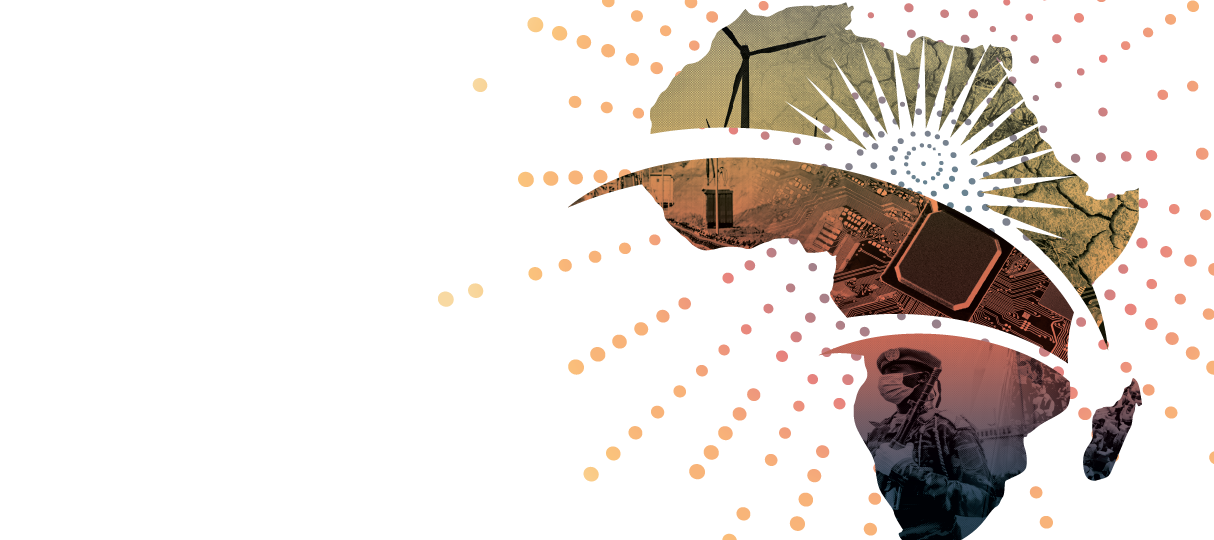A nation must think before it acts.
Access the Summer 2021 issue of Orbis here.
The first issue of Orbis for 2021 focused on the possible shape of a post-pandemic world. While the new year started on January 1, 2021, it feels as if the year began on March 11, the one-year anniversary of the global pandemic. We enter the second year of COVID-19 with new strains having surfaced from Brazil and Finland to India and New York City. We appear to be still very much in, rather than past, a COVID world. As Frank Hoffman, national security expert, detailed in an earlier issue of Orbis, the pandemic has “accelerated many current trends in terms of globalization, nationalism, technology, and economic inequality.” Peter Apps, executive director for the Project for the Study of the 21st Century, argues: “The pandemic will shape not just the rest of 2021 but perhaps well beyond. Yet simultaneously the world is moving on, the post-pandemic dynamics of global geopolitics, economics and society are already taking shape.”
There are, of course, the perennial challenges that appear on any list of global risks—a growing global debt crisis aggravated by the massive amount of pandemic social spending; the problems that emerge from an increasingly confrontational relationship between the People’s Republic of China and the United States; and the threats posed by regional conflicts and proxy wars in places like Syria and Afghanistan, with the added uncertainty about the effect of U.S. troop withdrawal. But what else should we be concerned about as we inch closer to a post-pandemic world?
I oversee a joint project on global risks involving my graduate students at New York University and the crowdsourced consultancy Wikistrat. Here are some of the risks from our fifth annual top ten risk list which likely will define international affairs this year.




